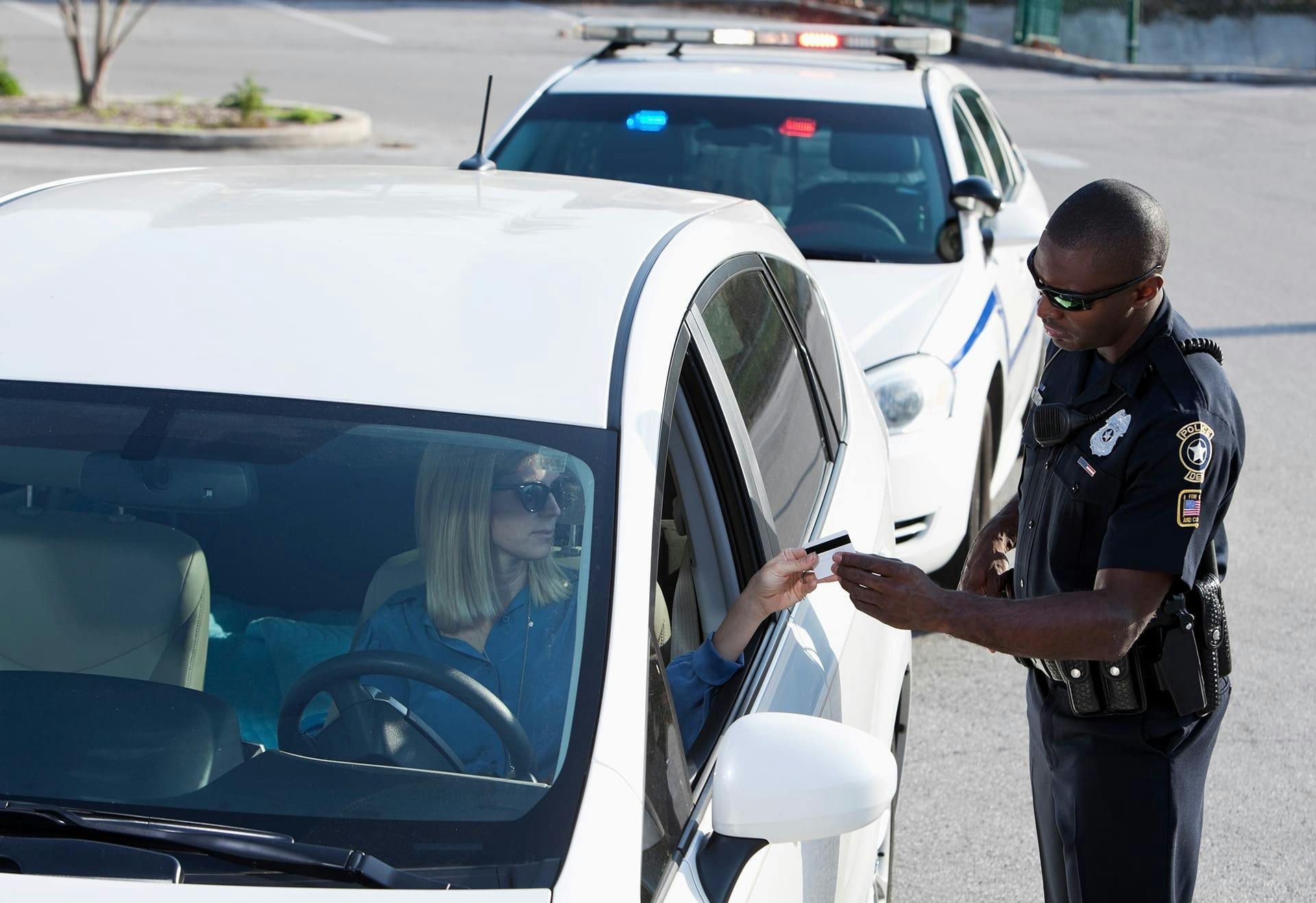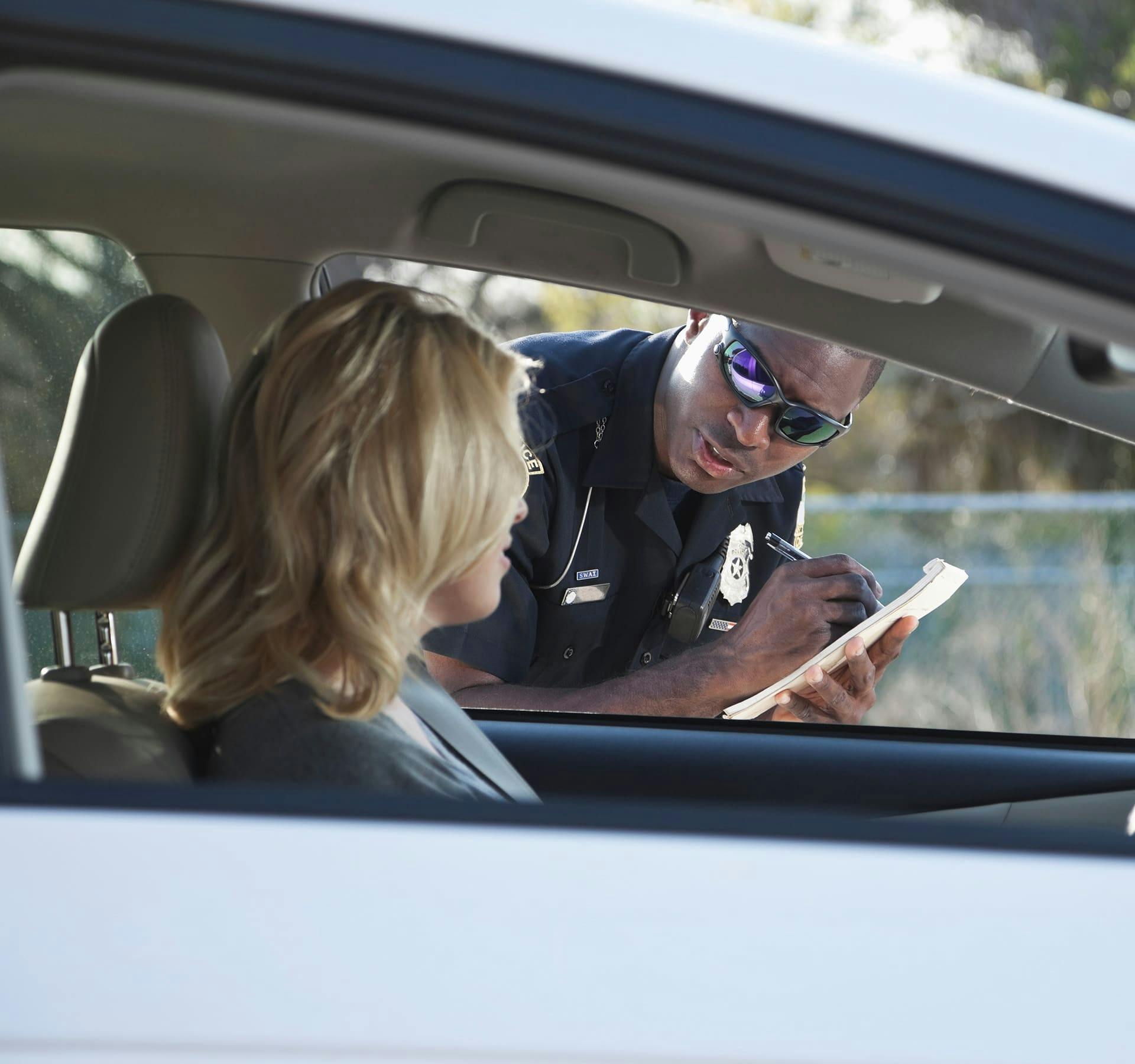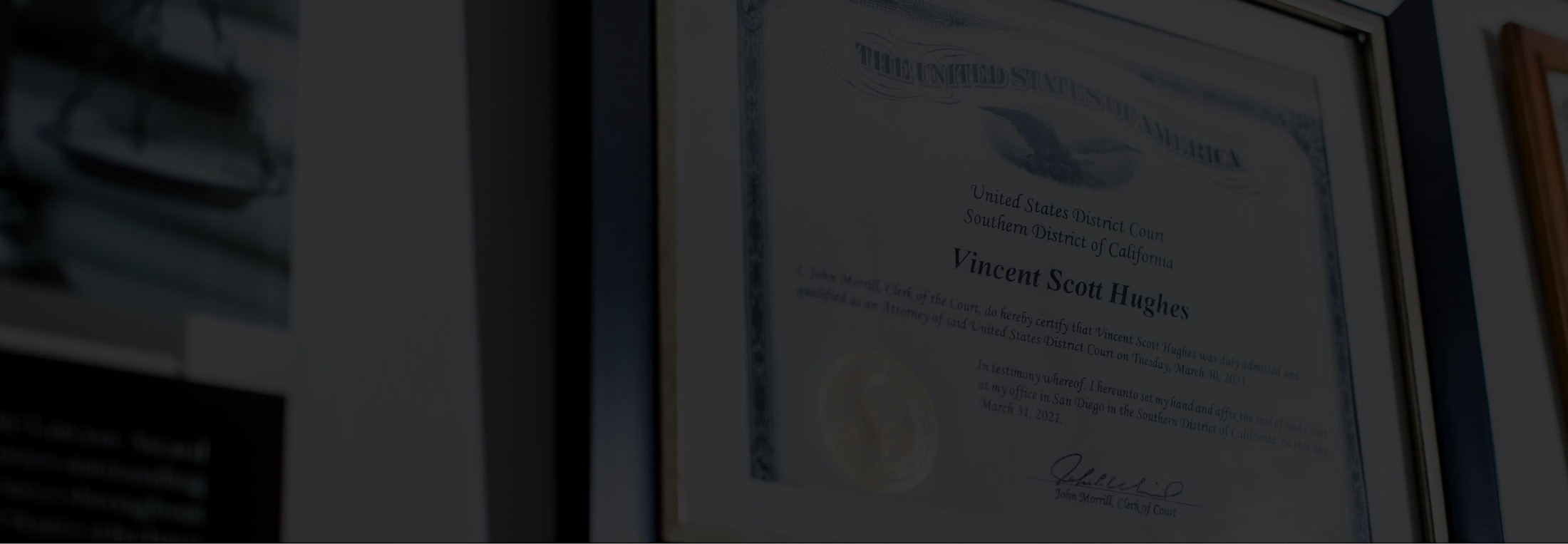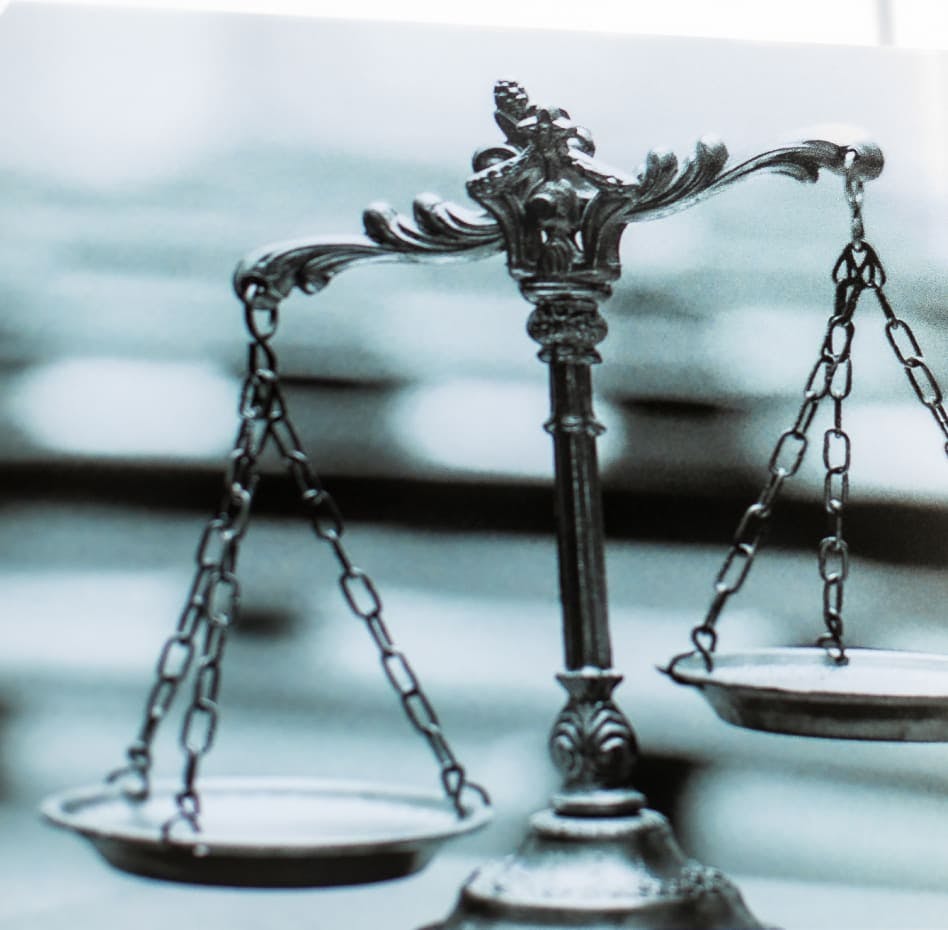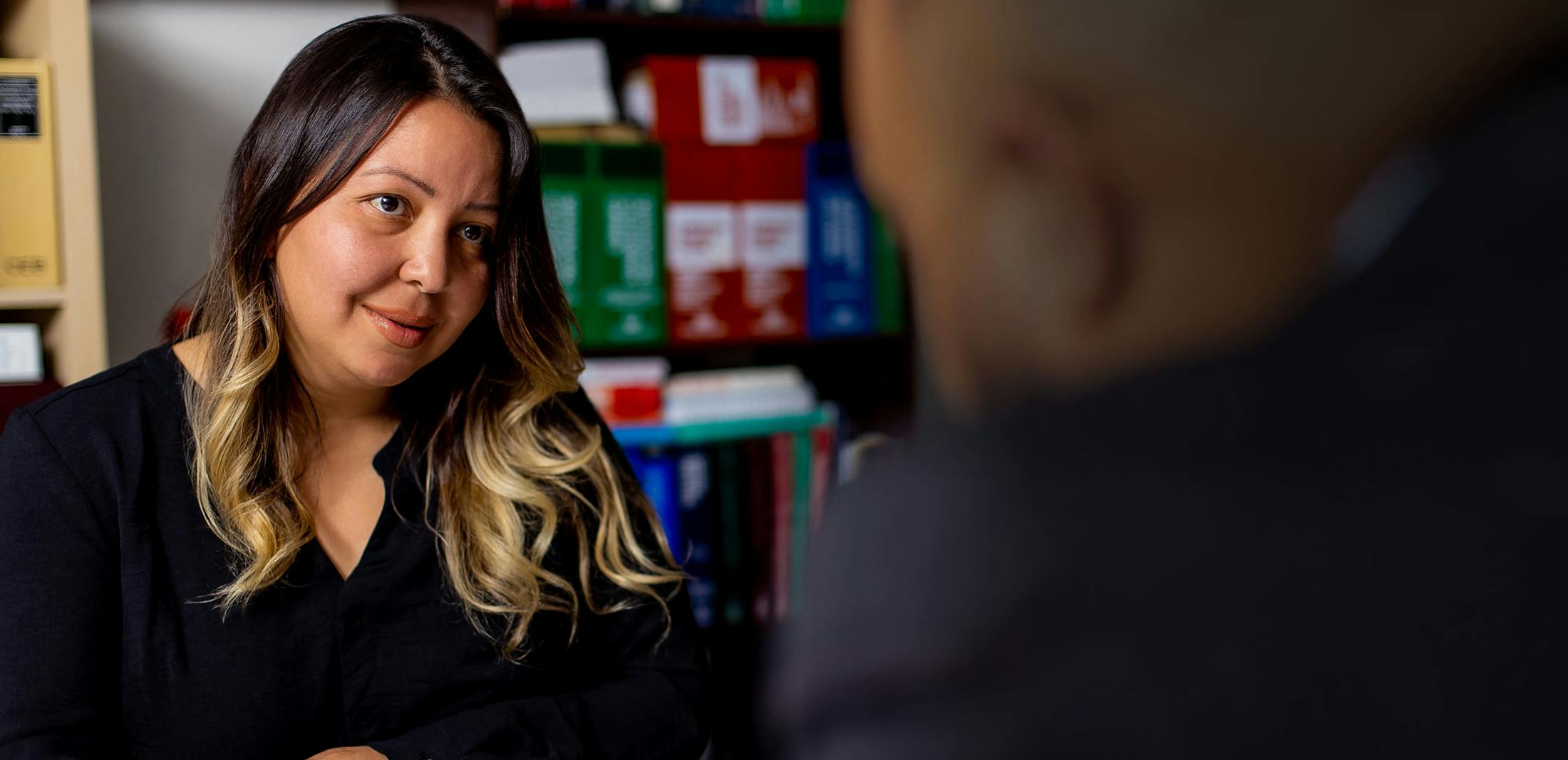Common Traffic Violations in California
The list of traffic violations in California is seemingly endless. These are some of the most common ones:
- Speeding
- Not wearing a seatbelt
- Fleeing from law enforcement
- Distracted driving
- Stop sign violations
- Tailgating
- Driving without a license
- Handicapped parking fraud
- Driving while using a cellphone
